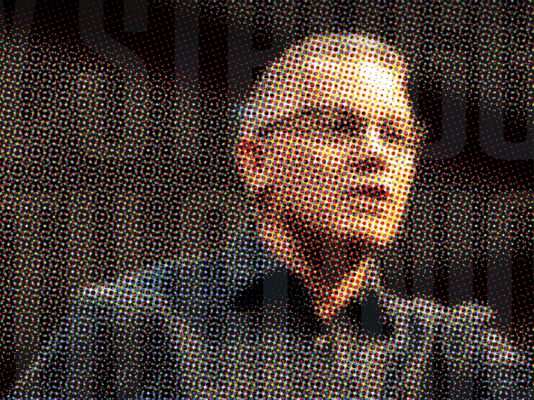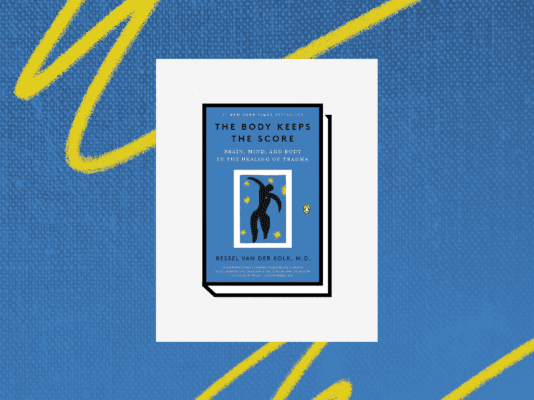No Perfect Party
Prudence & Principles for Stewarding Our Vote
Political parties have become an all-consuming identity in American culture. They are used to sort, characterize, and even vilify others. Godly men and women, committed to what God’s Word teaches about life, religious liberty, marriage and family, and human dignity, will use wisdom to make different choices regarding which candidates and policies they vote for. Understanding this will help us treat one another with kindness and be able to love one another across our differences, even as we have honest discussions about the implications of the gospel on all of our lives. To help foster constructive conversations with one another, we’ve asked four Christians with different voting patterns and principles to expound on how they makes their decisions. May it help you as you interact with fellow church members, family, friends, and neighbors this election season.
Democratic Party, Part 2 of 4
American Solidarity Party, Part 3 of 4
Independent, Part 4 of 4
Lindsay Nicolet: How should Christians think about engagement in the political space?
Shannon Royce: All of us are thinking what a significant election year this is for us. So I start from a position of Matthew 5 “salt and light,” because every one of us, no matter our calling or capacity, are called as believers to live as salt and light. Some are like me for whom this is not just a personal biblical conviction but also my professional calling. So the way that I live this out in daily life will look different than the way a pastor, another minister, businessperson, or a mom lives it out.
Then, we have to ask the Lord, “How do you want me to live out this command?” It will look different, but I think if we pray about that, God will show us. Ministers have the gospel as their first priority. But when they are preaching through a passage of Scripture and it raises an issue that also happens to be in the policy space, they ought to speak to it biblically and let the fact that it’s also in the policy space not concern them.
As another example, I work with an organization called the Christian Employers Alliance, and we work with Christian business owners. We encourage them to be involved in their local communities, to live out their faith, and to speak into this space convictionally as Christians. Another way this will be lived out differently is by your moms at home. They may be involved in the local school, the local district, or the PTA.
There are all kinds of ways we can be salt and light in the policy space.
LN: At the ERLC, our four lanes of work are life, religious liberty, marriage and family, and human dignity. What issues in politics are important to you, and why?
SR: At one point, I ran the D.C. office of the ERLC. So, these are all the issues that have occupied my life and work. In the Trump administration, I had the privilege of working at the Department of Health and Human Services and running the faith-based office there. I worked on other issues that were dear to my heart because they were human dignity issues. This played out in working on the opioid crisis and engaging those who are broken in that area. We also did work with those struggling with mental illness.
LN: Why is it important to you to be a part of the Republican Party?
SR: I’m a Southern Baptist preacher’s kid. My father was outspoken, not only on the gospel, but also on the issues of the day. He said something to me that I’ve reflected on over the years, “Your last name is O’Chester, but your first name is Christian. Don’t ever do anything that would bring reproach on either of those names.” When I think about my engagement with the Republican Party, I remember that my first name is Christian. I am involved in the Republican Party, but that’s not my primary identity. So, I want my engagement there to be done in such a way that it does not bring reproach on the name of Christ or on my role as a believer.
LN: How does being a Christian influence your decision to be a part of the Republican Party? What is it that drew you or keeps you there?
SR: This arena is my life and work. So I look at this somewhat differently than many of your readers may. I’ve read the Republican and Democratic platforms, and for me and my convictional perspective, the Republican platform rings truer to me because it speaks in the way that I understand biblically on issues such as life, marriage, the importance of the family—a mother and father in the home, and biblical sexual ethics. But it also speaks to other things that are foundational culturally.
We live in a constitutional democratic republic. That means that from the perspective of the Republican platform, it believes that the federal Constitution explicitly limited the role of the federal government in our lives. There were enumerated powers given to the federal government, and everything else was supposed to remain with the states and with the people. That plays out in the Republican platform more than the Democratic platform, and that is important to me.
The other issue the platform addresses is our branches of government. We have the executive, the legislative, and the judicial branches. That’s the way our Founding Fathers set it up. Unfortunately, in recent decades, we have what is typically known as the fourth branch of government, which is the administrative agency branch. Many of the “policy matters with which we struggle come out of the administrative state—things that are written by some regulation that then impinges on the rights of the American people.
LN: How do you think being a Christian can influence the political parties?
SR: We are called to live our faith out in everyday life. Being involved in a political party means that I speak into those issues that come up from my Christian worldview. I also interact with people in a loving, Christian way. There are people who I have strong disagreements with, and I’m still called to love and respect them as a fellow human being made in God’s image. It doesn’t mean I won’t encourage them to think differently about an issue, but being salt and light includes a calling to love the people I’m involved with and speak truth to them.
Being salt and light includes a calling to love the people I’m involved with and speak truth to them.
Shannon Royce
LN: How would you answer Christians who disagree with you and your reasoning for remaining with the Republican Party?
SR: There are many who fit in this category. I have a dear friend who is clearly to the left of me. I’m confident that she voted for our current president, when I did not. We have heart-to-heart conversations where we can speak openly because we are friends. And I think that’s important. This is one of the significant losses our nation has experienced in recent decades.
We need to be engaging in relationships with others who differ from us. Their history and story may be the reason that they’re in a different party than me. I can learn from them, and they can learn from me. I also remember Romans 14, which makes it clear that we are not the judge of others. We will each answer to God for the way that we live out our faith. So, I keep those things in mind when I am in a relationship or a disagreement with someone who is also a believer.
LN: How do you reconcile the imperfections or disappointments of the Republican Party with your participation in it?
SR: The reality is there is no earthly system that is anything but imperfect because it’s made up of imperfect people. I think it’s critical for us to have that accurate perspective. We should not expect our parties or our candidates to be perfect. In maintaining that outlook, it keeps me grounded in what appropriate expectations I should have of the different parties. I am more aligned with the Republican Party than I am with the Democratic Party; there’s no question about that because of my convictions. But I don’t expect either party to be perfect.
LN: What encouragement would you offer Christians in an election year and political engagement in general?
SR: I would go back to where we started. We have to be mindful of God’s command to be salt and light. We have the privilege and profound responsibility to choose our leaders in our nation. That’s a responsibility. At the very least, you have to vote. You may vote differently than I would want you to vote, but go vote.
Secondly, God is going to call some of your readers to be involved in that electoral process and even run for political office. We need godly people to live and work in this area. It is a hard arena, but we are called to operate and be engaged in that as American citizens and as believers. If we don’t, our children and grandchildren will be the ones to pay for it.
Finally, it is critical for your readers to understand that they are not just voting for a president. They are voting for the 4,000 political appointees the president will choose who work to execute policy. Christians should have a view that includes not just the one person who will be president, but all the various responsibilities, appointments, and ramifications of who holds that office when they cast their vote.
*Shannon Royce is the president of the Christian Employers Alliance. The opinions expressed in this article are in her personal capacity.










